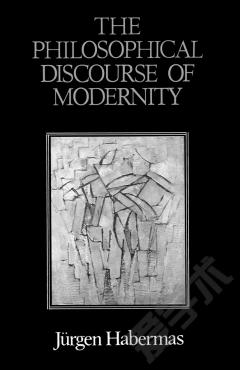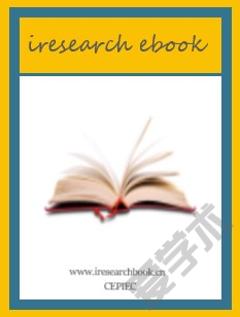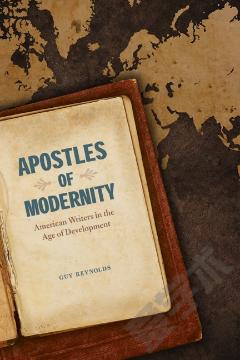Lectures on Modern Idealism
To literary distinction such as the Spirit of Modern Philosophy possesses the present lectures can evidently lay no claim. In range and depth, however, they surpass the chronicle of the same period in the earlier volume. There we have but a brief recital of the mam phases of post-kantian doctrine, here an examination of its his torical foundation, its logical roots, its human as well as its technical motives. The selection of topics is here more rigorous and the interest more prevailingly theo retical. Moreover, what is here deliberately avoided is the familiar and conventional' reproduction of post-kant ian thought. The usual method of the usual textbooks is here not repeated. In vain do we here look for the hackneyed themes of a hundred histories of philosophy. Royce does not seek the successors of Kant in the obvious tracts of ideas. He searches for them in the neglected aspects, the buried documents, the forgotten theses. These reveal to him the true meaning of their teachings; these disclose to him the spirit of the post-kantian move ment. In the' early works of Schelling, for instance, Royce finds the pulse Of the dialectical method, and in the Phenomenology rather than In the Logic he discovers the soul of Hegel. And, though the present study is wanting in completeness, there is no shirking of the most difficult problems but rather a choosing of them and a discussion of them' with a power, adequacy and clear ness which, as we look about, Royce alone seemed able to summon to such a task.
{{comment.content}}








 京公网安备 11010802027623号
京公网安备 11010802027623号